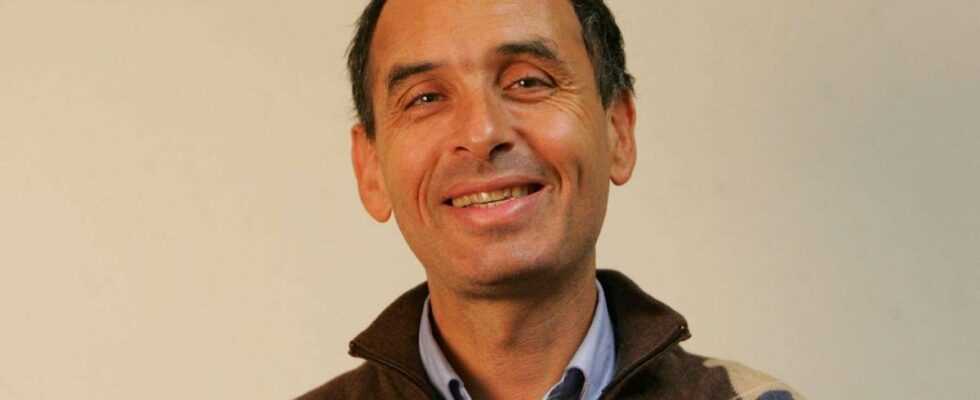Qhat western head of state or general dreams these days of reading the minds of the Kremlin sphinx? Because the outcome of the military-diplomatic escalation around the fate of Ukraine is largely based on what Vladimir Putin dreams of doing, wants to do, can do…
Qhat western head of state or general dreams these days of reading the minds of the Kremlin sphinx? Because the outcome of the military-diplomatic escalation around the fate of Ukraine depends largely on what Vladimir Putin dreams of doing, wants to do, can do, will dare to do.
Since the sterile discussions in Geneva between Americans and Russians, the thermometer has heated up. The negotiation, where Russia brandished maximalist demands from the outset, was obviously programmed to fail. The Russian objective was to speak as equals with Joe Biden while driving a wedge between him and the Europeans relegated to the antechamber.
Since then, the Russian army has proceeded, under the guise of exercises, to an encirclement of Ukraine from Belarus in the north to Crimea and the Black Sea in the south, passing through the border of the separatist areas of Donbass that Moscow supports since 2014. What does Putin want? Pushing NATO far from its borders by “finlandizing” Ukraine is a certainty.
But can he run the risk of a conventional war? Its potentially devastating effects, including for the assailant, suggest not. But the uncertainty is total as the range of options of the Russian president is wide. Brief foray? Targeted strikes? Annexation of pro-Russian regions of Ukraine? Maneuvers to reinstall a friendly power in Kiev? Massive cyberattacks?
The crisis is so noisy that we cannot exclude that it is a smokescreen. But we can’t play near powder kegs
Pressure from Moscow is straining the solidarity of Westerners. Hesitant at first, the American president in turn mobilized troops and promised Putin immediate and massive sanctions at the slightest armed incident. This hard line, supported by London, pleases the Baltics and the Poles. But it is criticized mezzo voce by the European camp of dialogue, led by Paris and Berlin who seek to resurrect the “Normandy format”.
Eyes are turning above all to Germany, where the Russian question is already undermining the coalition. What is Olaf Scholz going to do, whose country depends so much on Russian gas, and who no longer has the privileged channel with Putin that the Russian-speaking Angela Merkel, used to haggling with the Kremlin, had?
There remains the smokescreen hypothesis. The crisis is so noisy, between Russian gesticulations and sound warnings in the West and the danger of a passage to the act so great, that all this resembles a lying poker. Except that the accumulation of these barrels of powder, which a mere nothing can be enough to ignite, is rather reminiscent of the game of Russian roulette.
